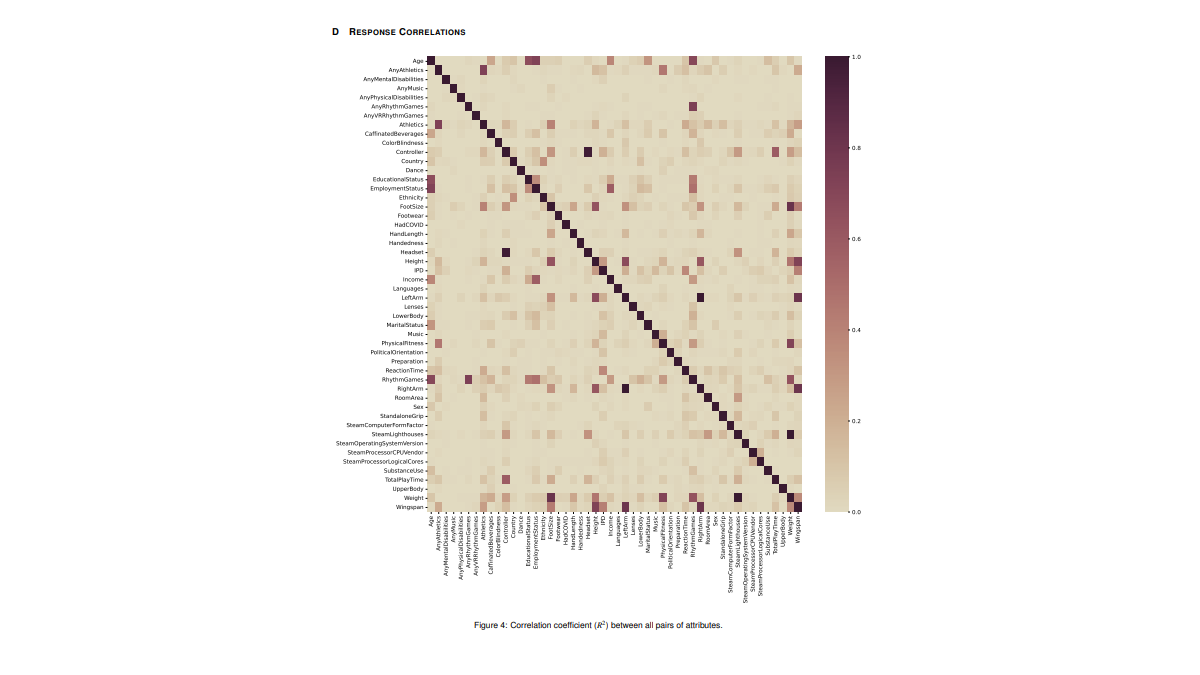As artificial intelligence continues to advance, a recent study at the University of California, Berkeley in February shows that merging virtual reality and AI could become a privacy issue.
Researchers found that by studying how people moved while wearing VR headsets, a machine-learning model could often accurately guess their height, weight, age, marital status and more.
This study reveals how AI might be employed to make educated guesses about personal information without users needing to disclose it directly. The researchers could identify an individual among over 50,000 other VR users with an accuracy of over 94%.
Privacy concerns with VR and AI
They achieved this result by studying only 200 seconds of motion data. In a separate study conducted in June, researchers managed to determine a person’s height, weight, foot size and country of origin with an accuracy of over 80% by analysing data from 1,000 individuals playing VR game Beat Saber.
The researchers used a machine learning model to examine data collected from virtual reality headsets, including information like eye and hand movements. Vivek Nair, lead researcher at UC Berkeley said, “The easy ones for the model are age, gender, ethnicity, country.”
For instance, to estimate someone’s age, the model could make a guess based on how fast they hit a virtual target. Faster reaction times are associated with better eyesight and younger age. “But there are even things like your level of income, your disability status, health status, even things like political preference can be guessed,” he said.
In both studies, almost half of the participants used Meta’s Quest 2, while 16% used the Valve Index, and the rest used various other headsets like the HTC Vive or Samsung Windows Mixed Reality.
Biometrics and the VR data dilemma
According to Jay Stanley, senior policy analyst at the American Civil Liberties Union, Virtual reality headsets can collect data that traditional websites or apps wouldn’t typically have access to, such as a user’s gaze, body language, body proportions and facial expressions. “It brings together a whole bunch of other privacy issues, but also intensifies them.”
Biometric information such as facial images is highly sensitive, as it remains constant and can readily identify a particular person. According to Nair, VR headsets collect similarly sensitive data, but because this technology is relatively new, users and regulators may not fully comprehend it yet, potentially making it more dangerous.
Since VR headsets require the collection of data like eye and hand movements to function, creating privacy controls for them is significantly more challenging than for traditional websites or apps. But the companies that make these headsets also, “Have incentives to gather information about people for marketing,” said Stanley.
Isa Muhammad is a writer and video game journalist covering many aspects of entertainment media including the film industry. He's steadily writing his way to the sharp end of journalism and enjoys staying informed. If he's not reading, playing video games or catching up on his favourite TV series, then he's probably writing about them.



































